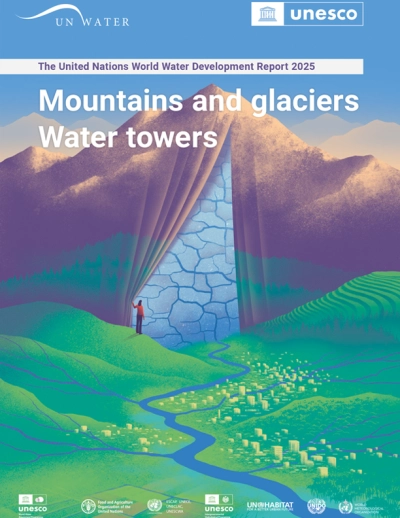Definitions
1. By Susanne Schmeier in What is water diplomacy and why should you care?
"Water diplomacy can be defined as the use of diplomatic instruments to existing or emerging disagreements and conflicts over shared water resources with the aim to solve or mitigate those for the sake of cooperation, regional stability, and peace."
- Water diplomacy is not about applying technical instruments, like transboundary water management
- Water diplomacy is not about applying instruments of water cooperation, like institutions and agreements
- This also defines water diplomacy actions and actors versus other actions and actors in thransboundary water
- But it connects with water manangement and water cooperation, as it also aims to address issues of water scarcity, access to water and other challenges and water-related risks.
2. In their editorial to the 2019 Special Issue on water diplomacy of the Journal of Hydrology (Water diplomacy: the intersect of science, policy and practice), Martina Klimes, David Michel, Elizabeth Yaari and Phillia Restiani introduce water diplomacy as:
"as a multidisciplinary concept that draws on technical, political, and socio-economic knowledge; located at the intersect of science, policy, and practice, and including both state and non-state actors". They don't draw a sharp line between water diplomacy (in the strict sense that Schmeiers uses) and other transboundary actions in water, like management and cooperation. This broader interpretation thus also leads to a broader group of "water diplomacty actors".
3. Alternative terminology: hydro-diplomacy/hydrodiplomacy, blue diplomacy.
Policies
UN Security Council debate on water, peace and security, 22 November 2016
- Remarks by the UN Secretary General.
- Statement by the ICRC to the UN Security Council.
European Union
- "Water" was recognised as a foreign policy issue by the European member states in 2013. On 19 November 2018, the EU ministers of foreign affairs adopted Conclusions on water diplomacy, also recognising its importance for peace, security and stability.
- Aditionally, in the Conclusions of the EU Council of 19 November 2021, the EU reaffirms its "diplomatic engagement on water, especially transboundary water cooperation, as a tool for peace, security and stability. The conclusions call for further implementation in this regard and for an increase in synergies between water, climate and energy diplomacy."
OECD - water diplomacy
Literature
- Elevating Critical Voices in Water Diplomacy. Side event hosted by Women in Water Diplomacy Network and partners, at the 2023 UN Water Conference on Wednesday, March 22, 2023.
See the Report - Koch, E. Patel, E. et al. 2023. Women in Water Diplomacy Network After Action Report:The Water Diplomacy Symposium and Network Engagement in the 2023 UN Water.ConferenceWomen in Water Diplomacy Network After Action Report:The Water Diplomacy Symposium and Network Engagement in the 2023 UN Water.Conference. Washington DC, USA and Stockholm, Sweden. - Journal of Hydrology: special issue on water diplomacy, edited by Martina Klimes, 2019.
"This Special Issue presents a set of articles representing different perspectives and approaches to addressing challenges and opportunities related to the management of shared water resources from researchers, foreign policy practitioners, thought leaders, and development practitioners. Through the collected articles, diverse entry points are identified aiming to leverage cooperation over shared freshwater resources to contribute to stability, community resilience, conflict transformation, peacebuilding and regional cooperation."

